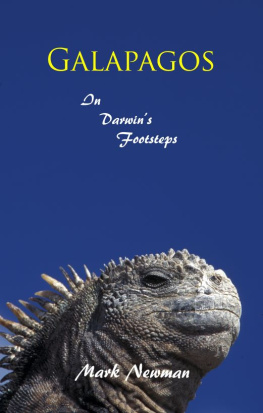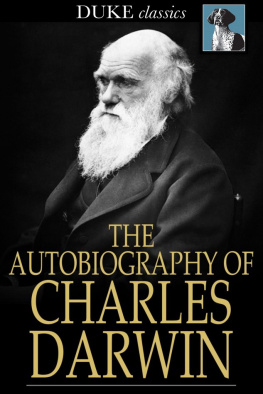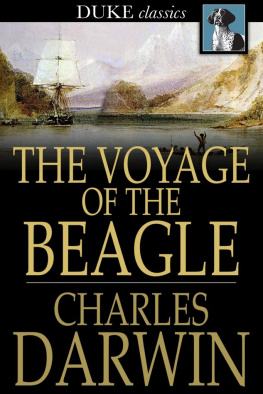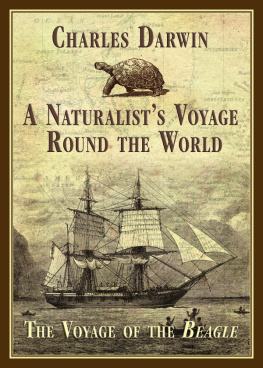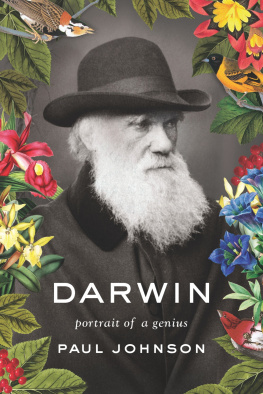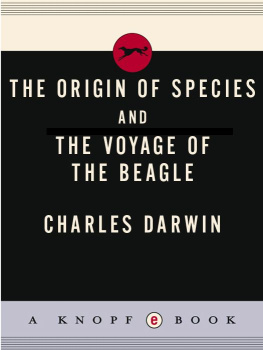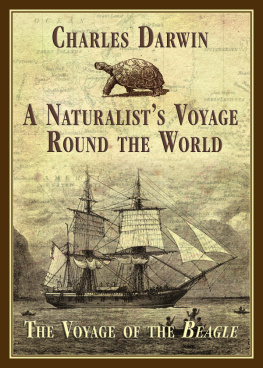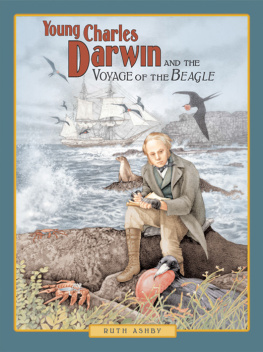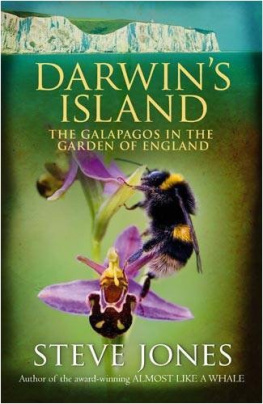Darwin's Island
STEVE JONES
Hachette Digital
www.littlebrown.co.uk
Table of Contents
Also by Steve Jones
The Language of the Genes
In the Blood
Almost Like a Whale
Y: The Descent of Men
The Single Helix
Coral: A Pessimist in Paradise
Darwin's Island
STEVE JONES
Hachette Digital
www.littlebrown.co.uk
Published by Hachette Digital 2008
Copyright J. S. Jones 2008
The right of Steve Jones to be identified as author
of this work has been asserted by him in accordance with the
Copyright, Designs and Patents Act 1988.
All rights reserved.
No part of this publication may be reproduced, stored in a
retrieval system, or transmitted, in any form or by any means, without
the prior permission in writing of the publisher, nor be otherwise circulated
in any form of binding or cover other than that in which it is published
and without a similar condition including this condition
being imposed on the subsequent purchaser.
All characters in this publication are fictitious and any resemblance to real persons, living or dead, is purely coincidental.
A CIP catalogue record for this book
is available from the British Library.
eISBN : 978 0 7481 1138 1
This ebook produced by Jouve, FRANCE
Hachette Digital
An imprint of
Little, Brown Book Group
100 Victoria Embankment
London EC4Y 0DY
An Hachette Livre UK Company
To R. C. Simpson, who first taught me biology
INTRODUCTION
THE DARWIN ARCHIPELAGO
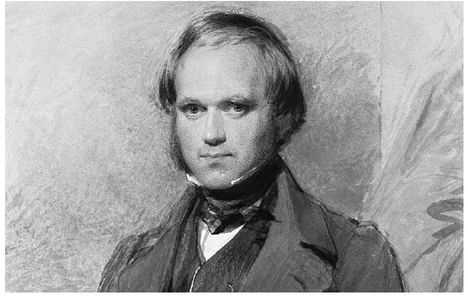
Charles Darwin, as every schoolchild knows, saw the finches of the Galapagos in the years he spent there while employed as official naturalist on HMS Beagle. Each island had its own species, and Darwin soon worked out that they shared descent from a common ancestor; that they were a product of evolution. On his return to England he at once published his theory in his book Origin of the Species, which went on to prove that men had descended from chimpanzees. Nature, red in tooth and claw, had used the survival of the fittest to weed out the imperfect and, with Homo sapiens at the top of the evolutionary tree, had achieved her desired end. Racked by guilt at replacing the doctrines of the Church with a joyless vision of man as a shaven primate in an amoral universe, Charles Darwin retired into obscurity. He repented his blasphemy on his deathbed and was buried as a venerable and almost forgotten savant whose work - like that of so many famous scientists - had been completed while he was still a young man.
That is an entire parody of the truth. Darwin was not a hired biologist but paid for his own trip as gentleman-companion to the Beagles captain. He spent but five weeks of the five-year voyage in the Galapagos, with just half the time passed on shore, on only four of the dozen or so members of the group. He had little interest in his collection of finches and lumped their corpses together as a jumbled mass without even making a note of where they came from. Many of the famous birds live on several islands rather than one. Two decades passed before the publication of The Origin of Species (in which the word evolution does not appear) and in that time its author wrote several substantial books. The phrase the survival of the fittest is not his but was invented by the philosopher Herbert Spencer to summarise the notion of natural selection, the central element of evolutionary theory. The bloody fangs and fingernails of Mother Nature were themselves thought up by Tennyson a decade earlier not as a philosophy of life but in memory of the death of a friend. Evolution has no end in view and men do not descend from chimps, although the two share a common ancestor (an idea not explored by Darwin for a dozen years after The Origin). The Church soon accommodated his ideas, which, as most clerics realised, have no relevance to religion and the deathbed conversion is a simple falsehood, even if the great naturalist was buried in Westminster Abbey, where he still lies, trampled by tourists.
The most widespread error is to assume that the Beagle voyage marked the end of Charles Darwins scientific career. In fact, in the four decades that remained to him after he came home from the wilds in 1836, Captain Fitzroys gentleman-companion worked as hard as or harder than he had as a young man. He soon purchased Down House, south of London, in the eponymous village (whose name gained a terminal e at the insistence of the Post Office, a rule that Darwin ignored).
At first he saw the place as dull and unattractive enough, but before long the house was transformed, with the help of his considerable fortune, into a grand but comfortable mansion. Its owner settled in the land of his birth and never left again: uxorious, paternal and reluctant to leave his extensive garden except on forays to test his theories and, now and again, to search for better health. As he wrote, with some satisfaction, many years after moving in: Few persons can have lived a more retired life than we have done... My life goes on like clock-work and I am fixed on the spot where I shall end it. So settled was he that he described his profession as farmer in the Bagshawes Directory of the time. Great Britain was the first and last of the forty islands he visited and the patriarch of Downe studied its natural history in far more detail than he had that of anywhere else. His own county of Kent - the Garden of England - was as much, or more, a place of discovery than had been the jungles of the Amazon or the stark cinders of the Galapagos. The British Isles were where Charles Darwin built his reputation.
This book is about the disregarded Darwin, the most illustrious figure in biology, and about his years of work on the plants, animals and people that make their home in the land of his birth. The Origin of Species is, without doubt, the most famous book in science. It celebrates its hundred-and-fiftieth anniversary in 2009, which marks in addition the authors bicentenary.
To remember that magnum opus alone would be as foolish as to celebrate Shakespeare just as the author of Hamlet. The great naturalists lifelong labours generated an archipelago of information; a set of connected observations that together form a harmonious whole. He wrote six million words in nineteen published works, hundreds of scientific papers and innumerable letters, fourteen thousand of which survive. Although - because of the famous note from Alfred Russel Wallace that bounced him into writing The Origin - he never finished his magnum opus, his big species book, much of its planned contents appeared as a series of separate volumes throughout his lifetime. Biology emerged from that gargantuan effort as a unitary subject, linked by Charles Darwins grand idea of common ancestry, of evolution. The volumes that poured from his comfortable study were guidebooks that made sense of a whole new science. They allowed its students to navigate what had, before his day, been an uncharted labyrinth of shoals, reefs and remote islets of apparently unrelated facts.
The Origin itself was in truth no more than a prologue to the great mans career. It is as much a work of reportage as it is of research. Most of his other publications are, in contrast, based on his own observations and experiments and explore, with his trademark enthusiasm, what appear at first sight to be almost unrelated aspects of the natural world. Darwins domestic works, as they might be called, are, in order of appearance and with titles somewhat truncated:
Next page







